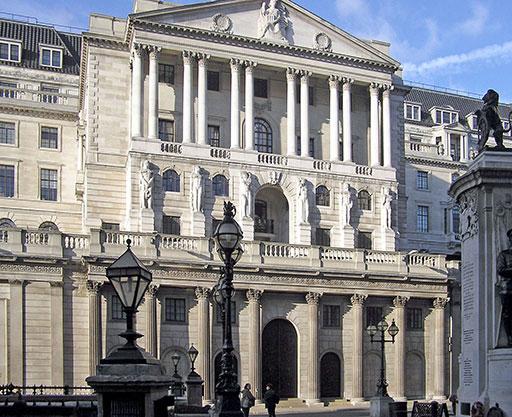European Markets Decline Amid Global Economic Uncertainty and Central Bank Decisions
European stock markets experienced a downturn on Thursday, influenced by global economic uncertainties and recent monetary policy announcements from key central banks, including the Bank of England (BoE), Swiss National Bank (SNB), and Sweden’s Riksbank.
Market Performance
The regional Stoxx 600 index opened lower, trading 0.59% down at 9:48 a.m. U.K. time. This follows a four-day rally that had seen the index recover from a 1.22% loss the previous week. Germany’s DAX index also reversed its recent gains, shedding 1.27% on Thursday morning.
Central Bank Decisions
-
Bank of England (BoE): The BoE is widely anticipated to maintain its current interest rates during its March meeting, aiming to assess the economic impact of recent U.S. trade policies and the impending tax increases in the U.K. Despite persistent inflation, the BoE faces challenges in stimulating economic growth.
-
Swiss National Bank (SNB): The SNB reduced its key interest rate by 0.25 percentage points to 0.25%, responding to a significant drop in annual inflation, which fell to 0.3% in February—the lowest in nearly four years.
- Riksbank: Sweden’s central bank opted to keep its policy rate unchanged at 2.25%, projecting inflation to remain between 2% and 3% this year before declining and stabilizing near the target.
These decisions come in the wake of the U.S. Federal Reserve’s recent move to hold its key rate steady, while signaling potential future cuts amid ongoing trade tensions.
Geopolitical and Economic Factors
The global economic landscape remains volatile, with escalating trade tensions between the U.S. and Europe contributing to market instability. European Central Bank President Christine Lagarde highlighted the potential impact of a trade war with the U.S., noting that a 25% tariff on European imports could reduce eurozone growth by 0.3 percentage points in the first year, with retaliatory measures potentially increasing this reduction to about 0.5 percentage points. Additionally, a weaker euro could raise inflation by around 0.5 percentage points in the short term. (reuters.com)
Corporate Earnings
Hapag-Lloyd, the world’s fifth-largest container shipping company, reported an 18.9% decline in net profit for 2024, dropping to €2.4 billion from €2.9 billion in 2023. The company attributed this decrease to lower interest income and higher tax expenses. Consequently, Hapag-Lloyd proposed reducing its dividend to €8.20 per share from €9.25. Looking ahead, CEO Rolf Habben Jansen anticipates lower earnings in 2025, citing the fragile economic and geopolitical environment, including volatile freight rates and geopolitical challenges. (reuters.com)
Conclusion
The combination of cautious central bank policies, escalating trade tensions, and mixed corporate earnings reports has created a challenging environment for European markets. Investors are closely monitoring these developments, as they navigate the complexities of a rapidly evolving global economic landscape.
European Markets React to Central Bank Policies Amid Global Uncertainty:
- Hapag-Lloyd posts 19% lower net profit in 2024, to cut dividend
- Morning Bid: Central bank baton passes to Europe
- ECB’s Lagarde spells out cost of trade war with US

